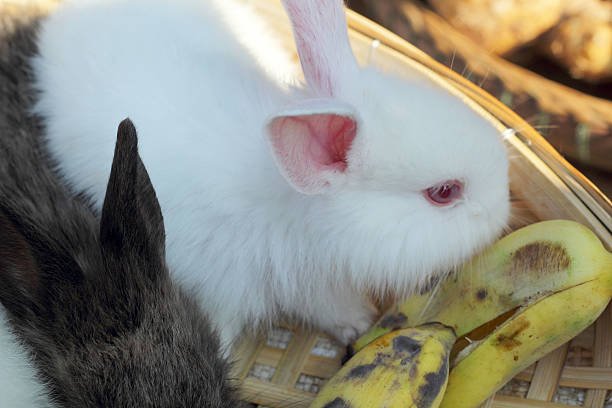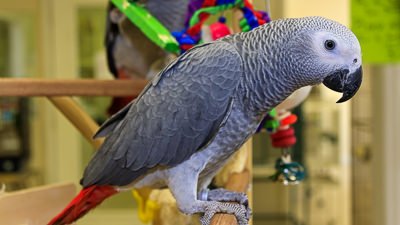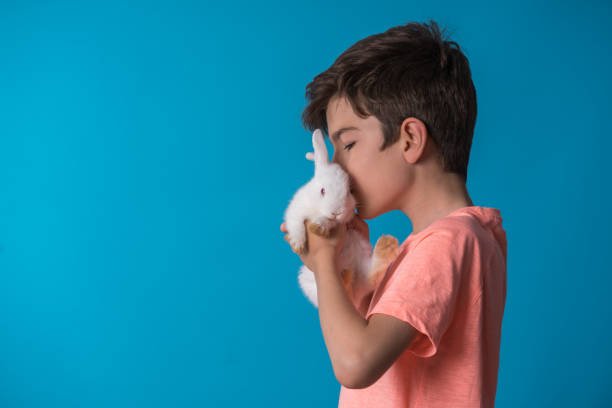Table of Contents
ToggleIntroduction to Sunflower Bird Food
This is due to the fact that sunflower seeds are among some of the most common bird foods-known. They are also among those that pet birds are fond of as well as necessary foods that can sustain the health of the birds. These seeds are rich sources of vitamin, minerals as well as the healthy fats.
Cultivating sunflower seeds is known to improve your pet bird’s physical endurance, vitality, and its physical appearance. In this article, I am going to discuss about the nutrient value of the sunflower bird food and how necessary it is for the bird’s diet.
Sunflower Seeds are favorite for Pet birds.
Sunflower seeds also contain fat and thus makes the pet bird to have an adequate supply of energy in their body. These seeds include Parrot seeds, Finch seeds, and cockatiel seeds as the birds’ love to take them because of the tasty and chewable they are.
The fat acts as an insulation layer which keeps their feathers well-maintained, smooth and as equally strong to exterior force. Sunflower seeds are also rich in nutrients beneficial for bird’s health and their ability to function during the day for the things they do. These seeds also help to ensure that your bird has is active during the day because it provides it with a reliable source of energy from the sunflower seeds.
Nutritional Benefits of Sunflower Seeds for Birds
Sunflower seeds are packed with nutrients that are essential in the body such as vitamin E, magnesium together with the b-group vitamins. The requirement for vitamin E is for skin and feathers while magnesium has significance to bones and muscles.
The B-vitamins present in sunflower seeds assist the bird to have an energy source and controlling the metabolic system. This nutritious combination ensures your pet bird is healthy and full of life to make you enjoy its presence in the compound. Factors that can determine the feeding habits of a specific bird make it important to include sunflower seeds in your bird’s diet.
Different Types of Sunflower Seeds for Birds
There are actually two kinds of suitable bird seeds: black oil sunflower and striped sunflower seeds. While the black oils are comparatively smaller in size with the thinnest seed shells and contain more oil relative to their weight. However, it is more suitable for small birds like the finches and the sparrows to be more comfortable in the cages.
Striped sunflower seeds are bigger, thus their hulls and they contain less oil compared to the other sunflower seeds. These seeds are suitable for the large birds such as Parrots and Cockatiel birds. Second, selection of the type of bird is essential in determining the wellbeing of the bird in question.
How to Safely Serve Sunflower Seeds to Your Bird
When preparing the sunflower seeds to be fed to the pet bird, it is recommended to ensure that they are fresh and cleaned properly. It is better if you present them in their shells or shelled, depending on the preferred choice of the bird. Some birds will struggle hard to get the seeds from the shell, while others may have an easy time since the seeds are without shell.
The freshness of the seeds should also always be noted before feeding to the pet. Stay away from sunflower seeds that may be too aged since they may have reduced nutritional value or even mold, something that is dangerous for your bird.
The Role of Sunflower Seeds in a Balanced Diet
In fact, although sunflower seeds are highly nutritious for your pet bird, it is advisable not to feed him or her on sunflower seeds alone. A proper diet for pet bird is mandatory as it is good for its health. It means that the Sunflower seeds need to be included in the list of food items that should be provided to the birds in the form of fresh fruits and vegetables, as well as in the form of pellets.
Enriching the diet with sunflower seeds will also mean that a bird gets all the nutrients that it needs in order to avoid such health issues as, for instance, deficiency disease in the future.
Sunflower Seeds and Weight Management in Birds
Sunflower seeds are fatty, thus, it is not recommended to give large portions at once. breez Unfortunately, overindulgence of sunflower seeds results to obesity thereby contributing to various ailments such as diseases of the heart among pet birds.
However, it is wise to feed your rabbit sunflower seeds from time to time or in a limited quantity. It is always important to monitor the weight of your bird and if it’s overweight or underweight then change its feed. Overfeeding your bird is dangerous because over weight birds are very lazy and less active.
How Sunflower Seeds Improve Bird Health and Energy
Obtaining seeds of sunflower enables your bird to get all the energy it requires to go about its activities. Protein content of these seeds which are containing fat makes them to encourage muscular function and stamina. Sunflower seeds are also effective in increasing the immunity of the human body due to presence of anti-oxidants and vitamins.
Feeding your pet bird sunflower seeds will help to keep them active and energetic because they will be full of energy. This will ensure that your bird continues to play and remain as lively as possible all through to the next years.
Sunflower Seeds for Feather Health and Plumage Shine
Another advantage that is attributed to avian feeding on sunflower seeds is on the condition of their feathers. They also supply fats and oils nutrients that are vital for the health of feathers and to give the feathers a shiny appearance.
Despite the fact that sunflower seeds are very nutritious, they consist of healthy fats that help ensure healthy and shiny feathers which is an sign that a bird is well fed or healthy. Continual feed on sunflower seeds can help the pet bird develop a more shining coat of feathers thus giving it a healthy outlook.
Why You Should Choose Sunflower Bird Food for Your Pet
Sunflower bird food is easy to obtain, cheap, and has a high nutritional value hence making it a common diet among many bird lovers. Not only does birds enjoy the taste, but it is a fact that their health improves greatly. As a source of vitamin and mineral supplements to a source for energy and conditioning of the feathers of the bird, sunflower seed should form part of the diet of the bird.
Nevertheless, if you would like your pet bird to be full of spirit, and active, sunflower seeds are about the best you would ever come across. If used often they should be incorporated into your bird’s diet to ensure it lives for many years.





